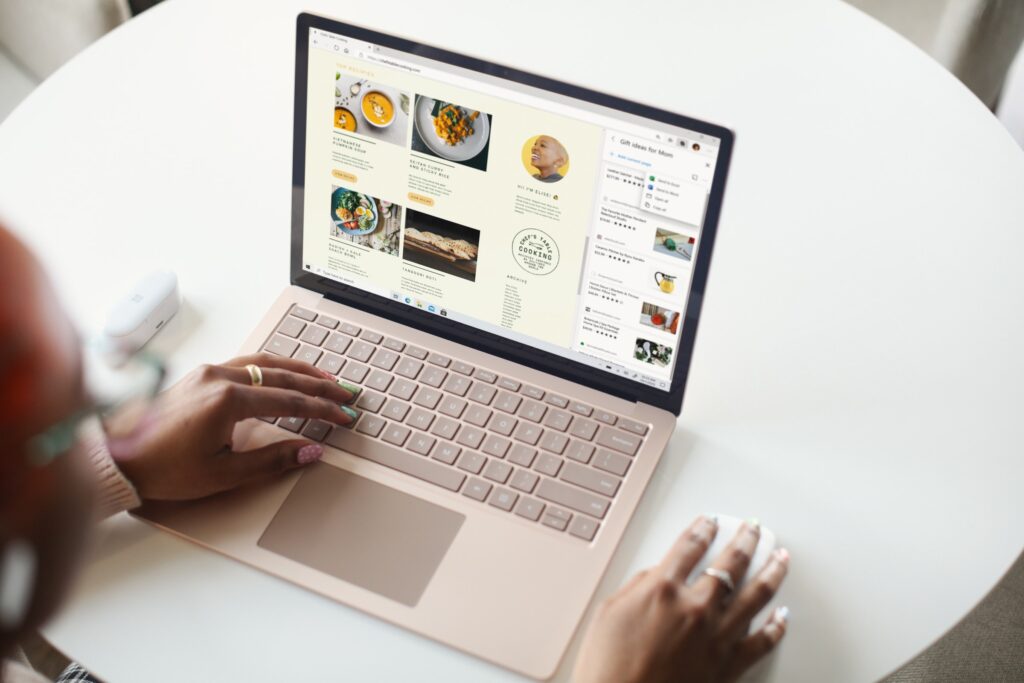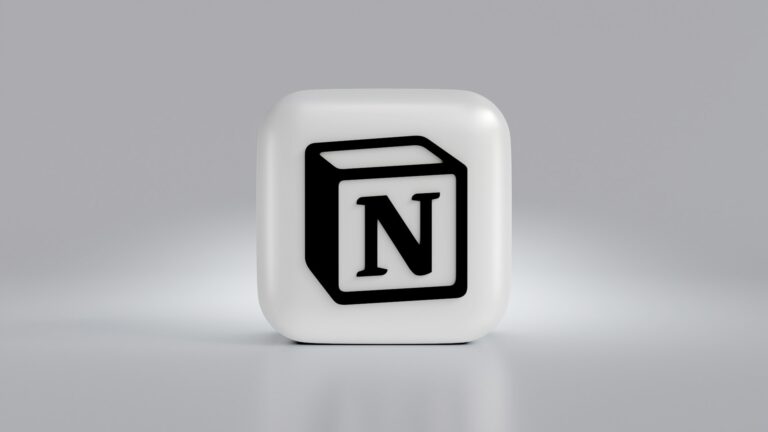
A web browser is a software on our computer which helps us navigate on the world wide web. And most likely it’s by far the most important on your PC. It’s probably the first things to download on freshly installed windows.
Why are they so important?
A web browser can be a useful tool for entertaining and job purposes at the same time. It’s easy to overlook the importance of a browser now that it’s become so prevalent in our daily lives. Before the rise of web browsers, we had to install different software just to chat, watch videos, or listen to music. Now you can find all this in one place.
And precisely that’s why it’s so important to use a proper browser. Just think about the multiple functionalities of a browser. You access different websites on it (probably hundreds a single day), and each of them collects some data from you, so it needs to be secure and to process your data correctly, and be as safe as possible. Or you may use it to watch different videos or movies on Netflix, so it needs to be fast and to have a good speed. And besides other purposes, you can also play on it. The time when you had to download games to play something is over. You can access multiple game sites, with a various number of games. You can play online arcade games, a multiplayer FPS game, or a fancy casino game like Book of Ra 10. But to enjoy these games, you’ll need your browser to have correct RAM usage, especially if you want to listen to some music while you’re playing your favourite casino game.
How to choose?

The developers of the browser know precisely how important it is to have a decent browser. Just think about the radical change when Internet Explorer got removed and has been replaced with the much nicer Edge in just a year.
But they don’t evolve in quality; the browsers are also changing in quantity. So there are a lot of options out there when it comes to choosing a browser. However, the number of excellent browsers are limited.
In this article, we will try to analyse (as objective as possible) all the most used browsers. This way you can make your own choice to see which one fits more your needs. For some of us it’s more important to be safe, for others it’s a priority to have a lot of extensions or to have 20 tabs open simultaneously.
Our main targets will be the four horsemen of the web browsing-Chrome, Edge, Firefox, and Opera. And we will be going to analyse the current versions of them, and how they got to that point, so your choice will be a relevant one in 2020.
Chrome
Maybe this one is the community favourite. But why it is so admired among the users? The browser created by Google has built a massive fan base thanks to its enormous capability for extensions and thus the ability to be customised. Therefore Chrome isn’t the more natural to use, but it’s still an excellent user interface and experience.
Yet Google still has all kinds of features inside the browser that you may don’t know about. Including a deep integration with Google’s services. For Google, it was always the most important to create a good user experience and to link all devices, so you access the same data from multiple devices. Chrome on different devices so it can sync all your bookmarks, passwords, open tabs, and more across your gadgets. We should also mention that Chrome also has multi-account support which is excellent for family PCs. And for more professional purposes, it also has a built-in PDF viewer, on-page Google Translate functionality, task manager, and the always handy “search on google” option.

But there is a dark side too for all of this and Chrome users may already know this. Chrome uses a lot of memory. Each tab, tool or extension consumes a certain amount of memory and when you summarise you can get a pretty nice number. So unless you don’t have at least 8GB RAM, you can’t have 20 tabs opened on Chrome and still use it seamlessly.
Firefox
Mozilla Firefox is an open-source browser with an excellent privacy factor. Before Chrome, Firefox was the first most used browser. It worked pretty well, and its extension architecture offered plenty of choice for users. Firefox also has basic features like sync, see open and recent tabs, browsing history, and bookmarks across multiple devices.
The latest version of Firefox is the 79. The browser went through some significant changes in version 57 when it started the Quantum era. The Quantum era brought us a new and updated design with more original icons and a new library section. Firefox also added some features like task manager, screenshot tool, and the ability to use Windows 10’s native sharing tool. So they updated their user experience game well.
And to show us how important is our privacy they implemented some excellent features in incognito mode. All browsers have this feature to navigate on the internet without recording your steps, but most of the time, these private modes still allow websites to track your activity for that specific session. Firefox made the necessary steps and dropped the trackers when using incognito mode.
Opera

Opera is one of the most under-rated browsers. First of all, it comes with a built-in VPN, ad and tracker blocker, screenshot tool, unit converter (for time and currency). All of these are something useful that you would most likely install as an extension on your browser. Opera also has one-click access to social services like Messenger, WhatsApp and Telegram. And last but not least it also has a multi-device syncing.
Edge
Edge is the default browser for Windows 10, but to download the more effective chromium based version on Microsoft’s site. The performance of the Chromium Edge is similar to Chrome and Opera, and it also has a lot of the same functionality.
To be more precise, the extensions from the Chrome Web Store can be installed on edge as well. We expect Microsoft to continue and increase the quality of the collaboration with Microsoft Store with extensions for Edge. Edge can also sync open tabs, bookmarks, passwords, and browsing history across your devices. As we said, Chromium Edge works better. However, it still has some flaws. Many of the features that come with Windows 10, such as integration with OneNote and Cortana don’t work on the browser. Microsoft plans to bring out new features soon under the name of Collections that can collect, organise, share, and export web content to Word or Excel, which would be useful when you gather information from the web


